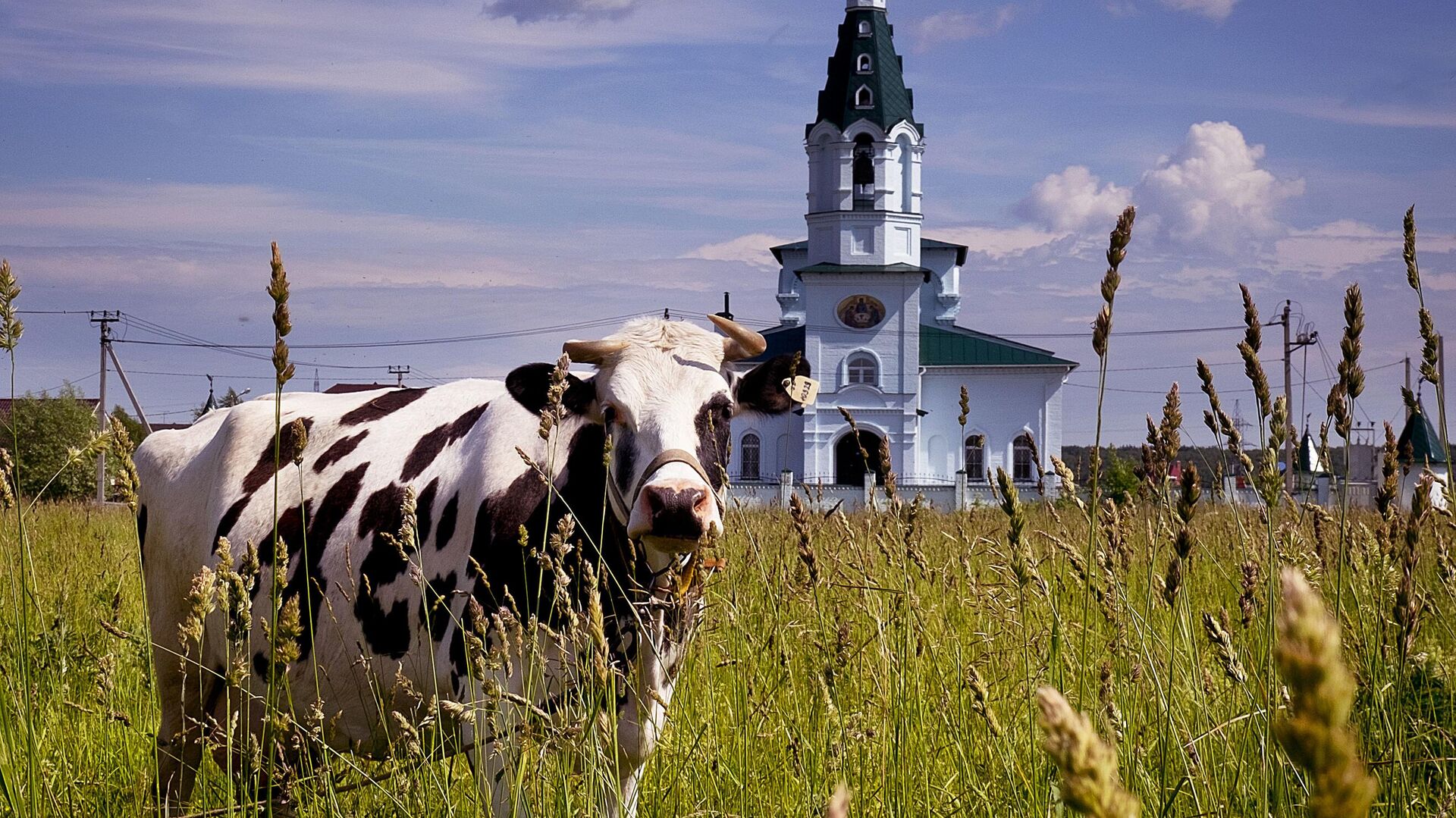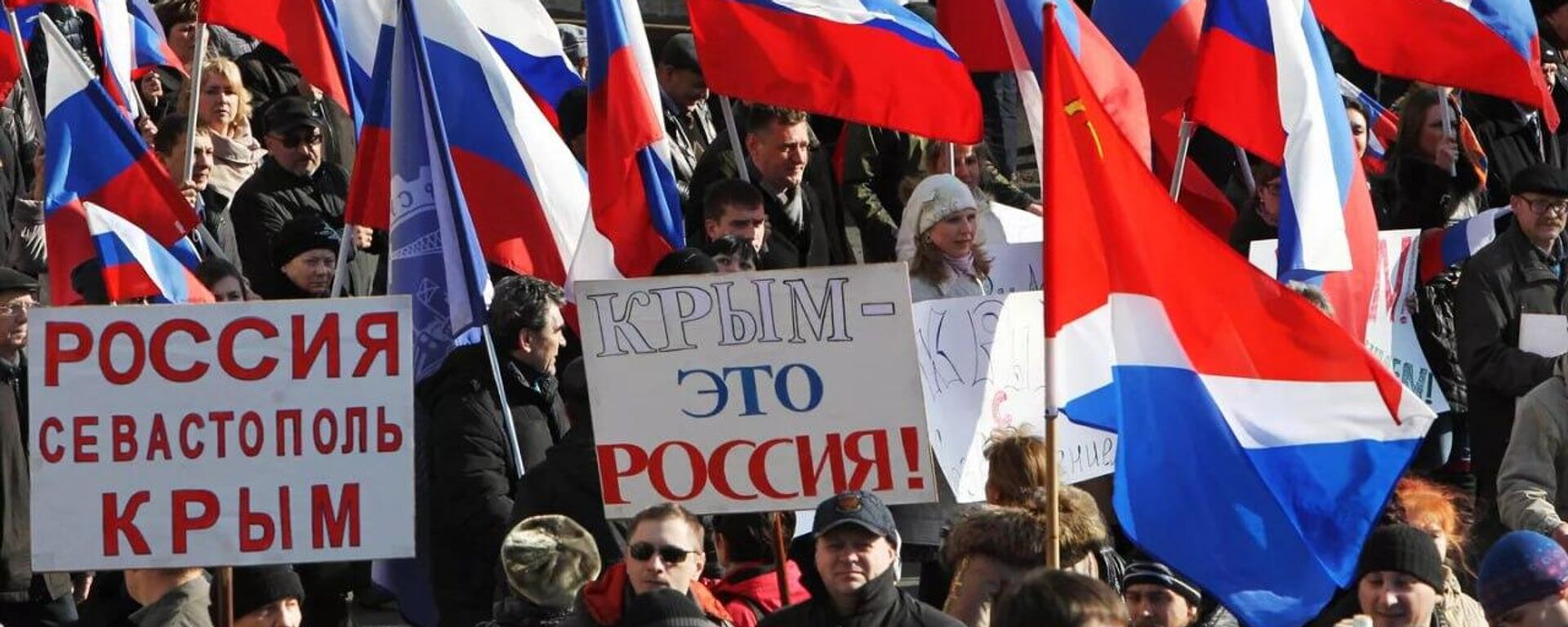https://en.sputniknews.africa/20240319/russias-new-regions-ready-to-supply-grain-to-africa-says-crimean-deputy-prime-minister-1065638340.html
Russia's New Regions Ready to Supply Grain to Africa, Says Crimean Deputy Prime Minister
Russia's New Regions Ready to Supply Grain to Africa, Says Crimean Deputy Prime Minister
Sputnik Africa
Crimea became a Russian region following a referendum in March 2014. The referendum was held after the February Euromaidan coup in Ukraine. Four new regions in... 19.03.2024, Sputnik Africa
2024-03-19T18:37+0100
2024-03-19T18:37+0100
2024-03-19T18:37+0100
sub-saharan africa
russia-africa cooperation
crimea
russia
black sea
grain
black sea grain initiative
https://cdn1.img.sputniknews.africa/img/07e8/02/16/1065210130_0:277:2635:1759_1920x0_80_0_0_22003c1147e829643b94ca5ce9c5ae61.jpg
Crimea and the new Russian regions can supply grain and fertilizers to African countries, said the permanent representative of the Republic of Crimea under the Russian president, the region's deputy prime minister Georgy Muradov.According to him, the issues of export organization should be worked out.Last July, Russia withdrew from the Turkey and UN-mediated Black Sea Grain Initiative, which allowed Ukrainian grain shipments during the past year, since the deal's component on facilitating Russian grain and fertilizer exports had not been fulfilled and most of the supplies were going to rich European countries rather than poor African nations.However, at the second Russia-Africa Summit in July 2023, Russian President Vladimir Putin promised to deliver 200,000 tonnes of free humanitarian grain relief to six African countries recognized by the World Food Program as being in need due to conflict, climate change, and other factors.Thanks to this initiative, Mali, Burkina Faso, Central African Republic, Eritrea, Somalia and Zimbabwe received much-needed help.
https://en.sputniknews.africa/20240318/watch-how-did-crimea-become-russian-again-1065626274.html
crimea
russia
black sea
Sputnik Africa
feedback@sputniknews.com
+74956456601
MIA „Rossiya Segodnya“
2024
Muhammad Nooh Osman
https://cdn1.img.sputniknews.africa/img/07e7/04/0a/1058467512_0:0:1280:1280_100x100_80_0_0_ec723833bcbfcaed2e21952965ad99e4.jpg
Muhammad Nooh Osman
https://cdn1.img.sputniknews.africa/img/07e7/04/0a/1058467512_0:0:1280:1280_100x100_80_0_0_ec723833bcbfcaed2e21952965ad99e4.jpg
News
en_EN
Sputnik Africa
feedback@sputniknews.com
+74956456601
MIA „Rossiya Segodnya“
Sputnik Africa
feedback@sputniknews.com
+74956456601
MIA „Rossiya Segodnya“
Muhammad Nooh Osman
https://cdn1.img.sputniknews.africa/img/07e7/04/0a/1058467512_0:0:1280:1280_100x100_80_0_0_ec723833bcbfcaed2e21952965ad99e4.jpg
russia-africa cooperation, crimea, russia, black sea, grain, black sea grain initiative
russia-africa cooperation, crimea, russia, black sea, grain, black sea grain initiative
Russia's New Regions Ready to Supply Grain to Africa, Says Crimean Deputy Prime Minister
Muhammad Nooh Osman
Writer/Editor
Crimea became a Russian region following a referendum in March 2014. The referendum was held after the February Euromaidan coup in Ukraine. Four new regions in Donbass and North of the Black Sea, namely Donetsk, Lugansk, Zaporozhye, and Kherson, followed suit and rejoined the Russian Federation in 2022.
Crimea and the
new Russian regions can supply grain and fertilizers to African countries, said the permanent representative of the Republic of Crimea under the Russian president, the region's deputy prime minister Georgy Muradov.
"Our African friends have a great need for our products. Crimea and the new regions of the Russian Federation, our old historical Black Sea regions, are producers of grain, fertilizers, chemical industry products," Muradov said at a press conference in the press center of the Rossiya Segodnya media group.
According to him, the issues of export organization should be worked out.
Last July, Russia withdrew from the Turkey and UN-mediated Black Sea Grain Initiative, which allowed Ukrainian grain shipments during the past year, since the deal's component on facilitating Russian grain and
fertilizer exports had not been fulfilled and most of the supplies were going to rich European countries rather than poor African nations.
However, at the second Russia-Africa Summit in July 2023, Russian President Vladimir Putin promised to
deliver 200,000 tonnes of free humanitarian grain relief to six African countries recognized by the World Food Program as being in need due to conflict, climate change, and other factors.
Thanks to this initiative, Mali,
Burkina Faso, Central African Republic, Eritrea, Somalia and Zimbabwe received much-needed help.



